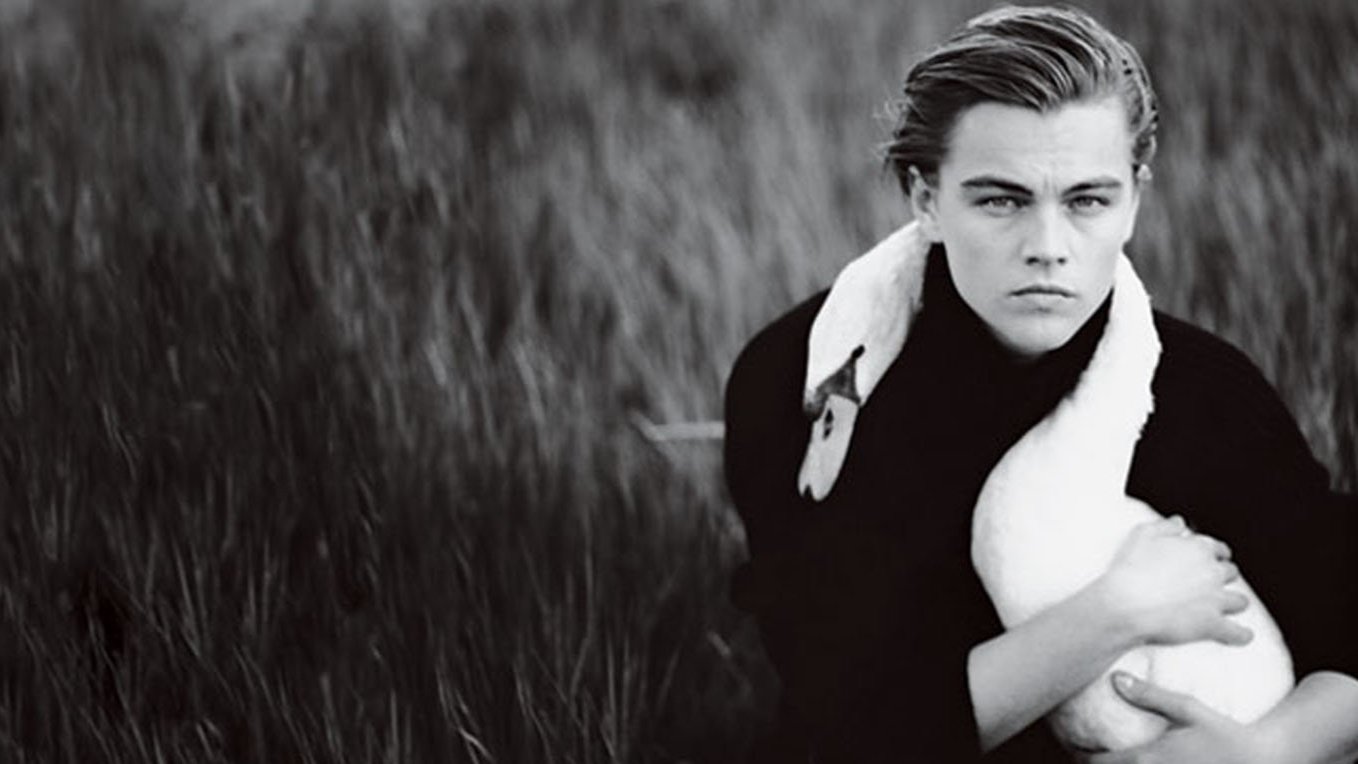David Douglas Duncan
David Douglas Duncan, a renowned American photographer, is best known for his exceptional work in portrait and documentary photography. Over the course of his career, he captured some of the most iconic images of the 20th century, including powerful images of war, intimate portraits of artists, and striking scenes of everyday life.
Early Life and Career
David Douglas Duncan was born on January 23, 1916, in Kansas City, Missouri. He studied archaeology and zoology at the University of Arizona, where he discovered his passion for photography. After graduating, he worked as a freelance photojournalist, eventually joining the US Marine Corps as a combat photographer during World War II. Duncan's work caught the attention of Life magazine, leading to a long and successful association with the publication.
Photographic Style and Techniques
Duncan's photographic style is characterized by his ability to capture the human experience in its rawest form. His war photographs, for example, are known for their emotional intensity and unflinching portrayal of the realities of combat. Duncan's portraits, on the other hand, showcase his ability to connect with his subjects and reveal their true essence. He was a master of composition and lighting, using these elements to bring depth and emotion to his images.
Throughout his career, Duncan experimented with various photographic techniques, including the use of color film and wide-angle lenses. His innovative approaches to both documentary and portrait photography allowed him to create images that were not only visually striking but also emotionally resonant.
Career Highlights
Some of Duncan's most notable career highlights include:
His coverage of the Korean War, where he captured some of the most iconic images of the conflict.
His documentation of the Vietnam War, providing an unfiltered look at the horrors of war and the soldiers' experiences.
His intimate portraits of famous artists, including Pablo Picasso, Henri Matisse, and Georges Braque.
His photographic books, such as "This is War!" and "Picasso and Lump," which showcased his unique storytelling abilities.
Photography Gear
Throughout his career, Duncan relied on various cameras and lenses to capture his images. Some of the gear he used includes:
Leica M3: This reliable, high-quality rangefinder camera was perfect for Duncan's documentary work, allowing him to shoot quickly and discreetly.
Nikon F: Duncan was one of the early adopters of the Nikon F, a professional SLR camera that offered excellent durability and performance, ideal for his war photography assignments.
Wide-angle lenses: Duncan often used wide-angle lenses to capture his subjects in their environment, adding context and depth to his images.
Photography Books
"My 20th Century" is a curated selection of iconic photographs taken by David Douglas Duncan. The book includes riveting shots from World War II, the Korean War, and the Vietnam War, as well as intimate photographs of Pablo Picasso. Duncan's ability to convey the emotions of a world torn by war, invigorated by art, and shaped by diverse cultures makes this collection a valuable resource for practicing photographers seeking inspiration and insight into the power of visual storytelling.
"This Is War!: A Photo-Narrative of the Korean War" is a collection of combat photographs from the Korean War, marking the fortieth anniversary of the conflict. Showcasing the courage and determination of America's fighting men in Korea, Duncan's photographs offer invaluable insights into the realities of war, making it a must-read for photographers interested in capturing the human experience in challenging environments.
In "Picasso and Jacqueline", David Douglas Duncan presents an intimate photographic record of the life shared by Pablo Picasso and Jacqueline Roque, taken during his time spent with the couple from 1956 to Picasso's death in 1973, and until Jacqueline's death in 1986. As a close friend of the couple, Duncan captured their everyday domestic life, leisure time, and intimate moments, as well as Picasso at work on his paintings. This book provides a unique perspective on capturing the essence of personal relationships and the creative process, making it an invaluable resource for photographers seeking to delve deeper into the art of visual storytelling.
Quotes
"The pictures are there, and you just take them."
"You don't shoot photographs. You find them and you compose them."
"A photograph is a visual biography of the person in front of the lens."
"War is a series of catastrophes that results in victory."
"I have always tried to keep truth in my photographs. My work, whether in war or peace, has been a celebration of life."
Legacy and Influence
David Douglas Duncan's work has left an indelible mark on the world of photography. His groundbreaking war photography helped shape the way we view conflicts, bringing the harsh realities of war to the forefront. His portraits, capturing the spirit and essence of some of the most influential artists of the 20th century, showcased his incredible talent for connecting with his subjects.
Duncan's innovative approach to documentary and portrait photography has inspired countless photographers, including James Nachtwey, Mary Ellen Mark, and Jonas Bendiksen, who have all similarly sought to capture the human experience in its most raw and authentic form. His influence can also be seen in the work of contemporary photographers like Christopher Anderson, who continues to explore new ways of telling stories through photography.
In conclusion, David Douglas Duncan's remarkable career has had a profound impact on the world of photography. His ability to tell stories through his images, capturing the emotions and experiences of his subjects, will continue to inspire future generations of photographers.














Discover how photographer David Douglas Duncan overcame the obstacles to gain access to Pablo Picasso's private studio, capturing iconic images of the artist at work and providing a rare insight into the creative process of one of the most influential artists of the 20th century.